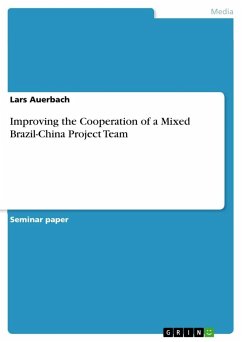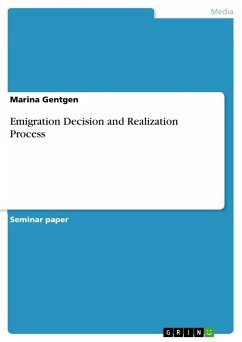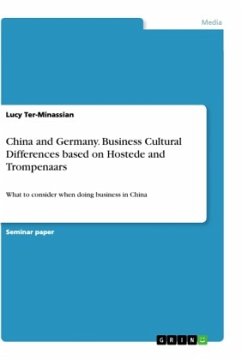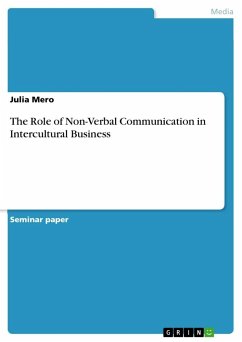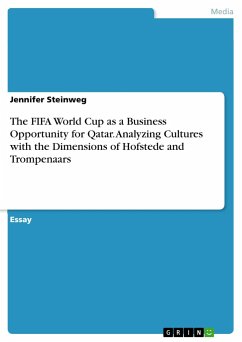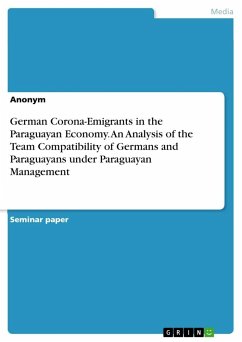Seminar paper from the year 2014 in the subject Communications - Intercultural Communication, grade: 1,7, University of Applied Sciences Essen, language: English, abstract: As members of the BRICK states Brazil and People`s Republic of China are highly influential countries within this community of emerging markets. In contrast to several relationships of other countries the political and economical relationship of Brazil and China is quite young and it is not in line with the early period of industrialization. The formal relationship has been established in 1974, since it had ended with the Chinese revolution. Although the relationship is young, both countries have developed a remarkable business in the 21. Century. In 2009 China has become the largest commercial partner of Brazil. Yet the relationship does not only show it`s good sides, actually there are tensions in the relationship. Due to cheap Chinese imports, the Brazilian industry has is struggling with unemployment partly caused by Chinese low cost production. Besides that the economical relationship is quite asymmetric, as Brazil does mainly export basic raw materials and agricultural products and receives in return industrial and technological goods. It is interesting to recognize the behavior of politicians and industrial leaders due to their competition on one hand and their relationship on the other.This is why Brazil`s and China`s relationship is an interesting topic for research. The following term paper analyzes, describes and compares the differences in culture on the base of the dimension theory of Dutch scientist and researcher Geert Hofstede.
Hinweis: Dieser Artikel kann nur an eine deutsche Lieferadresse ausgeliefert werden.
Hinweis: Dieser Artikel kann nur an eine deutsche Lieferadresse ausgeliefert werden.

